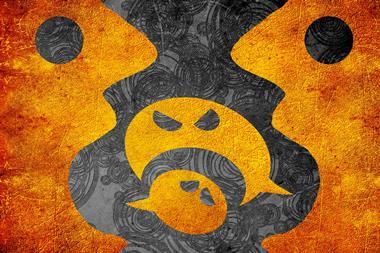I am a journalist, not a scientist, but both professions face unprecedented obstacles in the current cynical era of alternative facts. This became apparent at a recent National Association of Science Writers conference in Washington DC.
The event began with members voting on a motion that science writers are responsible for building public trust in science. Initial polling before the debate suggested it would pass easily, with 65% approving and 35% objecting. Ultimately, however, things flipped and the measure failed with 60% voting against. Many were persuaded to vote against by the argument that science journalists are no different to sports writers or political reporters, and nobody would expect them to build public trust in sports or politics.
What won me over, however, was the idea that science is special – uniquely positioned to inform and advance the world with facts and data. That doesn’t mean scientists aren’t ever wrong or act in bad faith. Science communicators have a responsibility to cast a critical eye over science, warts and all, even if it makes the field or its practitioners look bad. That is how science evolves, improves, earns people’s trust and betters our lives.
That science is currently under attack and is being increasingly politicised became abundantly clear at the event. During a session commemorating Nasa’s 60th anniversary, panellist Harrison ‘Jack’ Schmitt – a geologist and former astronaut who is the last person to walk on the moon – stunned the room by asserting there’s ‘no evidence’ that humans are causing climate change.
Schmitt, a former Republican senator, acknowledged that ‘there are models’ indicating human impact on climate, but he said ‘models of very, very complex natural systems are often wrong’. He went on to argue that the US government, and other governments, are ‘biasing science’ toward particular outcomes. One science journalist and geologist took to the mic and asked Schmitt to reconsider speaking for geologists. She received thunderous applause.
After tweeting Schmitt’s remarks, I expected a virtual uproar akin to what occurred in that auditorium. There was enthusiastic support instead. Schmitt’s comments were obviously taken as proof that global warming is a hoax, and that neither scientists nor science journalists care about the truth.
This is what we’re up against. It requires that we be as rigorous and clear as possible, maintain the focus on objective data and refuse to lower the discourse.












No comments yet